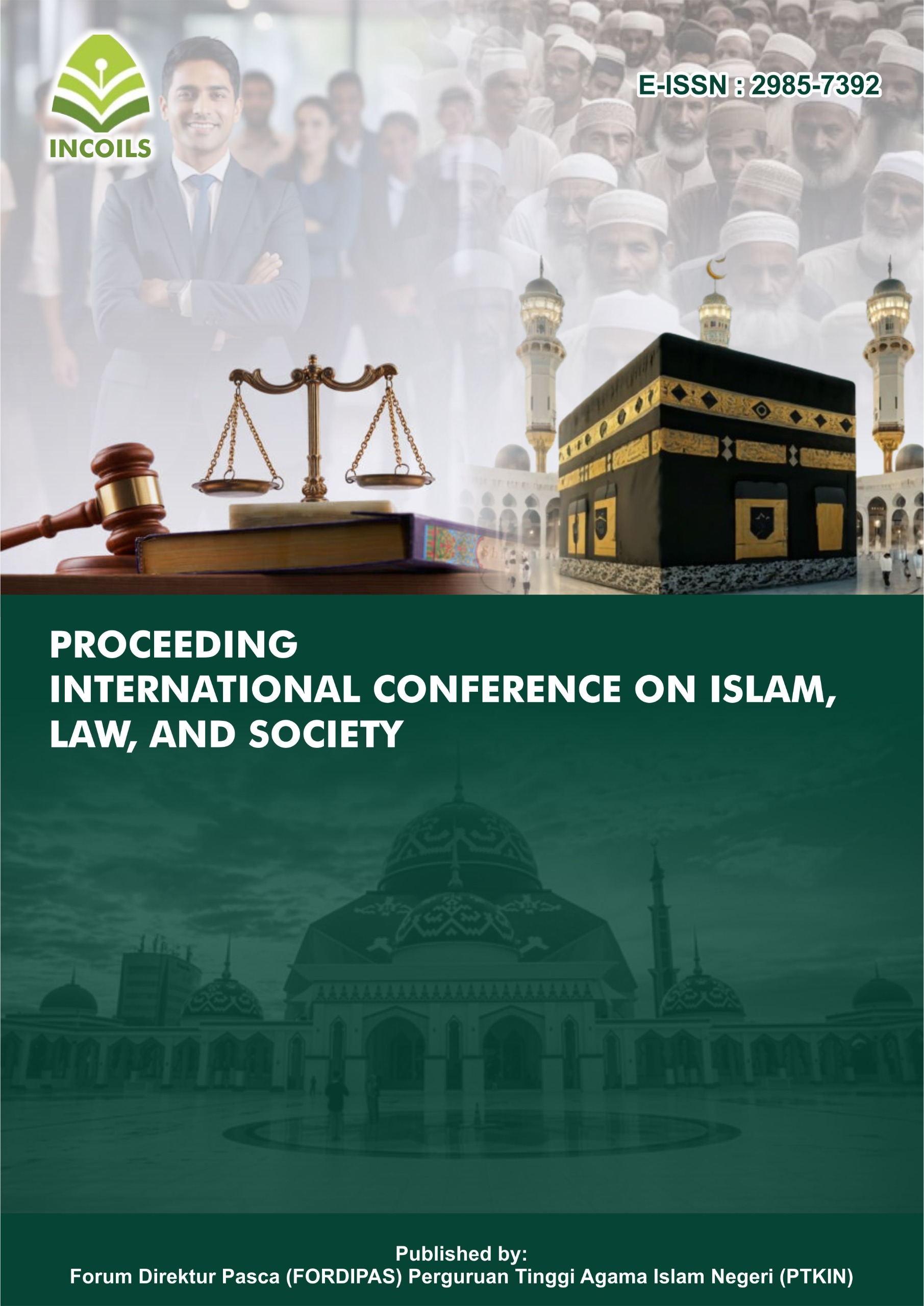TRADE ECONOMY CONCEPTS OF RESIDENTS OF BANJAR DESCENT IN TULUNGAGUNG
DOI:
https://doi.org/10.70062/incoils.v2i1.88Keywords:
Exclusivity, socio-economic, surrender, trust, almsAbstract
This article intends to explain the perspective of residents of Banjar descent in Tulungagung in trade and business. The exclusivity of trade that they highlight seems to still be combined with the principles of their religious beliefs and culture of origin as a tribe that likes to go abroad. The phenomenon of migration inherent in this tribe has an impact on their mentality to survive when adapting and trading in overseas areas. In addition, the title as a religiously devout tribe adds to the variety of trading dynamics of this tribe which is increasingly unique, Islam is the role model of the Banjar people seems to have contributed significantly to the formation of the commercial character of the people of Banjar descent although this is not the only factor driving the progress of the trading economy of the people of Banjar descent. In this research, researchers used a socio-economic approach with the aim of studying economic actors in society, especially traders of Banjar descent in Tulungagung. The research location is in the Kampungdalem Tulungagung market. The results of this research are that the role of Islam has influenced the economy of people of Banjar descent, whose economic behavior is almost entirely colored by cultural traditions that are integrated with Islamic nuances . Banjar ethnic aggressive economic concept - religion is the belief of residents of Banjar descent to surrender and surrender but there is still encouragement in the people of Banjar descent to act to save the economy so they choose to give alms in order to "bribe God".
References
Burgess, RG (1982). Field Research: a Sourcebook and Field Manual. London: Unwin Hyman.
Fauziah, Ika yunia., and Riyadi, abdul kadir. (2014). Basic principles of Islamic economics , (Jakarta: Prenada Media Group).
Jaser, Auda. (2008). Grounding Islamic Law through Maqasid Syariah, Publisher PT Mizan Pustaka, Bandung.
Karim, Adwarman. (2018). Islamic microeconomics . (Bandung: Rajagrafindo).
Indonesian Ministry of Religion. (2019). “ Al Qur'an And Its Translation : Edition Completion ” (Jakarta: Lajnah Pentashihan Mushaf of the Qur'an).
Max Weber, Max., Fischoff , Ephraim., and Parsons, Talcott. (1965). The Sociology of Religion. Translated by Ephraim Fischoff [from the fourth edition of “ Wirtschaft und Gesellschaft”]. Introduction by Talcott Parsons . (Methuen & Co.: London).
Potter, Lesley. (2000). "Banjar people in and outside the Upper River of South Kalimantan", in LindBlad ( Ed . ), Modern Indonesian Economic History, (Jakarta: LP3ES).
Shihab, M. Quraish. (2012). Tafsir al-Misbah, (Jakarta: Lantern heart ).
Sularno , M. (2003). Draft Ownership in Islam: Studies from Aspect Philosophy and Potential Islamic Economic Development . Al- Maward , Edition IX.
Subekti , G. (2009). Tradition Religion of the Banjar Ethnic Community in Tulungagung . Dissertation , ( Yogyakarta: Sunan State Islamic University Kalidjaga ).
Downloads
Published
How to Cite
Issue
Section
License

This work is licensed under a Creative Commons Attribution-ShareAlike 4.0 International License.







